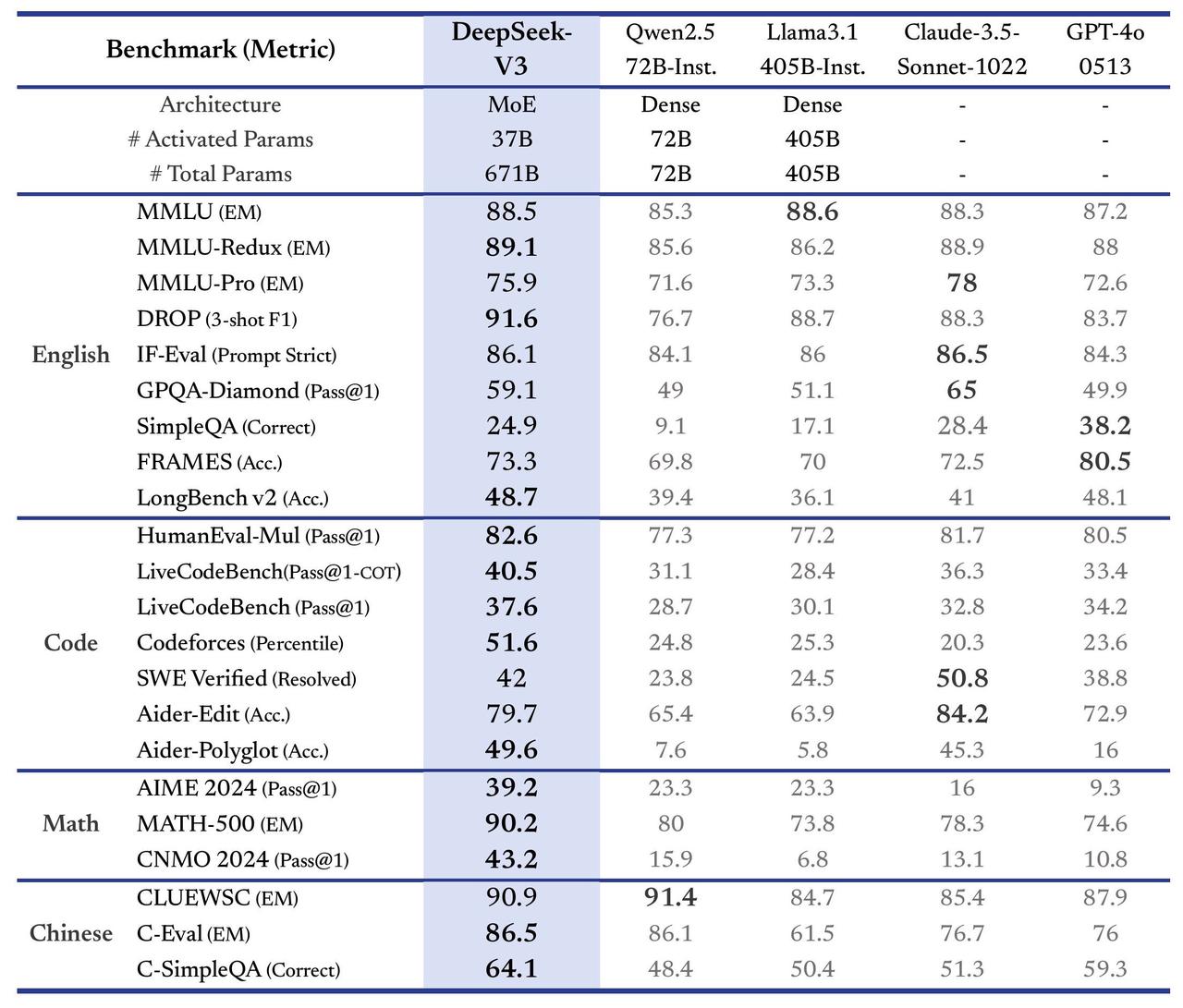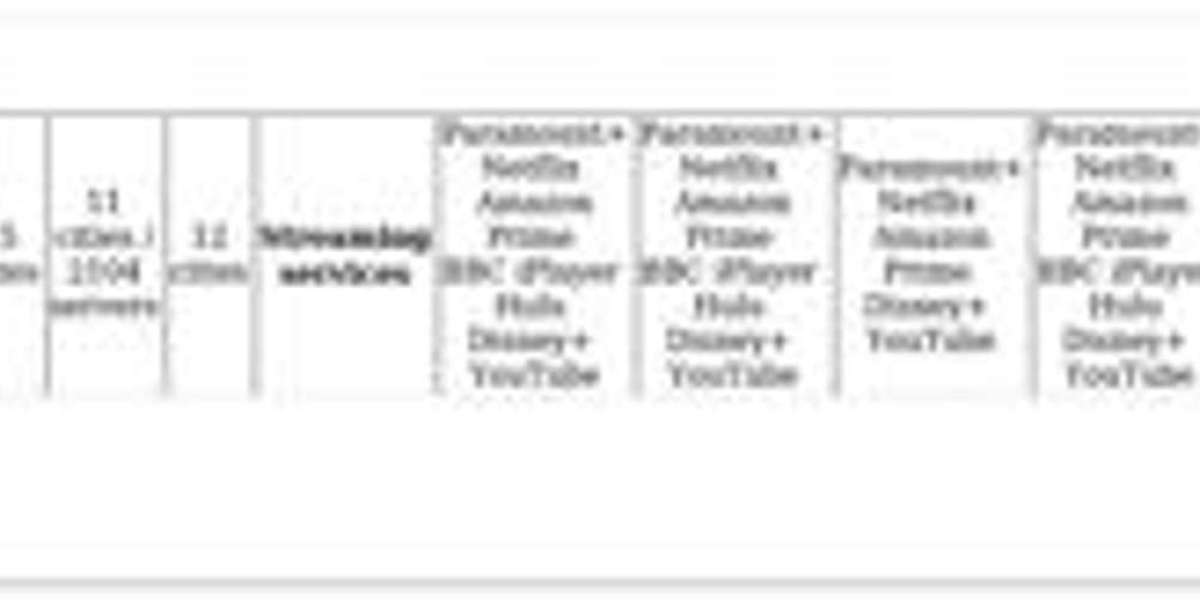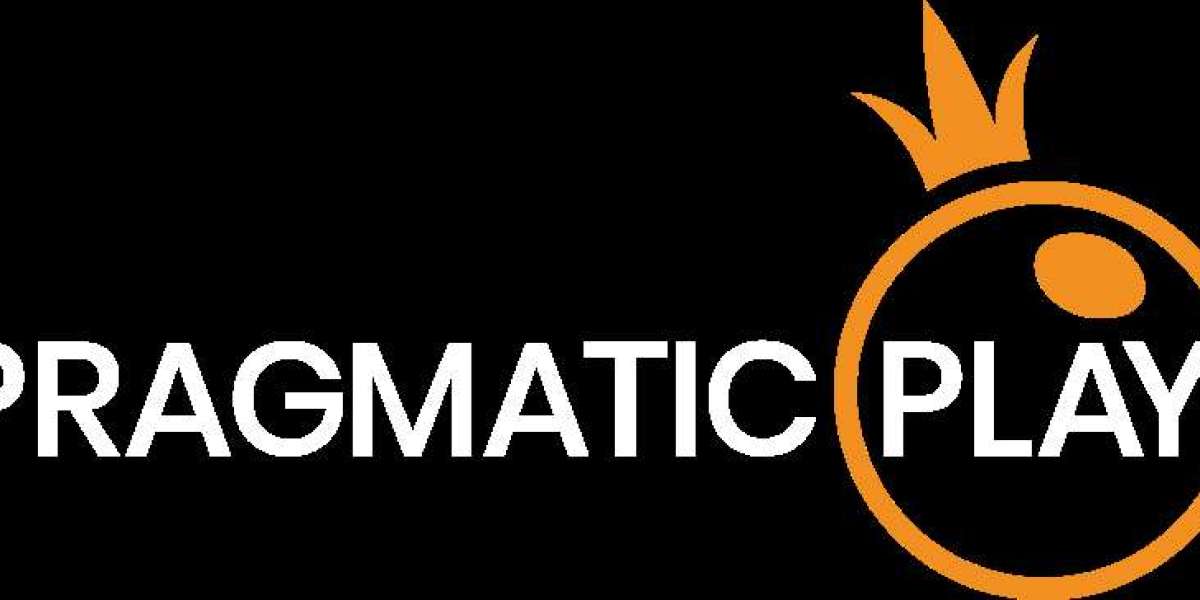For Christmas I received an intriguing gift from a good friend - my very own "best-selling" book.
"Tech-Splaining for Dummies" (great title) bears my name and my picture on its cover, and it has radiant evaluations.

Yet it was totally composed by AI, bio.rogstecnologia.com.br with a few easy prompts about me supplied by my good friend Janet.
It's an interesting read, and uproarious in parts. But it also meanders quite a lot, and is somewhere in between a self-help book and a stream of anecdotes.
It imitates my chatty style of composing, but it's likewise a bit recurring, and really verbose. It may have surpassed Janet's prompts in looking at data about me.
Several sentences begin "as a leading technology journalist ..." - cringe - which could have been scraped from an online bio.
There's likewise a mystical, repeated hallucination in the type of my feline (I have no pets). And there's a metaphor on almost every page - some more random than others.
There are dozens of business online offering AI-book composing services. My book was from BookByAnyone.
When I contacted the president Adir Mashiach, based in Israel, he informed me he had actually offered around 150,000 personalised books, primarily in the US, given that pivoting from putting together AI-generated travel guides in June 2024.
A paperback copy of your own 240-page long best-seller expenses ₤ 26. The company utilizes its own AI tools to generate them, based upon an open source big language design.
I'm not asking you to purchase my book. Actually you can't - just Janet, who created it, can purchase any more copies.

There is currently no barrier to anyone producing one in any person's name, including celebs - although Mr Mashiach states there are guardrails around violent content. Each book consists of a printed disclaimer specifying that it is imaginary, created by AI, and created "entirely to bring humour and happiness".
Legally, the copyright belongs to the company, ai-db.science however Mr Mashiach worries that the product is intended as a "customised gag present", and the books do not get sold further.
He intends to broaden his variety, producing various categories such as sci-fi, and possibly offering an autobiography service. It's designed to be a light-hearted type of customer AI - offering AI-generated products to human clients.
It's likewise a bit terrifying if, like me, you write for a living. Not least due to the fact that it most likely took less than a minute to generate, utahsyardsale.com and it does, certainly in some parts, sound similar to me.
Musicians, authors, artists and stars worldwide have expressed alarm about their work being utilized to train generative AI tools that then produce comparable content based upon it.
"We need to be clear, when we are discussing information here, we actually mean human developers' life works," states Ed Newton Rex, founder of Fairly Trained, which projects for AI companies to respect creators' rights.
"This is books, this is posts, this is pictures. It's works of art. It's records ... The entire point of AI training is to find out how to do something and after that do more like that."
In 2023 a song featuring AI-generated voices of Canadian singers Drake and The Weeknd went viral on social media before being pulled from streaming platforms due to the fact that it was not their work and they had actually not granted it. It didn't stop the track's developer attempting to choose it for a Grammy award. And although the artists were phony, links.gtanet.com.br it was still wildly popular.
"I do not believe the usage of generative AI for innovative purposes need to be banned, but I do think that generative AI for these functions that is trained on individuals's work without approval must be banned," Mr Newton Rex adds. "AI can be very effective but let's construct it ethically and fairly."
OpenAI says Chinese competitors utilizing its work for their AI apps

DeepSeek: The Chinese AI app that has the world talking
China's DeepSeek AI shakes market and dents America's swagger
In the UK some organisations - including the BBC - have actually selected to obstruct AI developers from trawling their online material for training purposes. Others have decided to team up - the Financial Times has partnered with ChatGPT creator OpenAI for example.
The UK federal government is thinking about an overhaul of the law that would enable AI developers to use developers' content on the web to help develop their models, unless the rights holders choose out.
Ed Newton Rex explains this as "insanity".
He mentions that AI can make advances in locations like defence, healthcare and logistics without trawling the work of authors, journalists and artists.
"All of these things work without going and changing copyright law and ruining the incomes of the country's creatives," he argues.
Baroness Kidron, a crossbench peer in the House of Lords, is also strongly against removing copyright law for AI.
"Creative markets are wealth creators, 2.4 million tasks and a great deal of delight," says the Baroness, who is likewise an advisor to the Institute for Ethics in AI at Oxford University.
"The government is weakening one of its best carrying out industries on the unclear pledge of growth."
A government representative stated: "No relocation will be made till we are definitely confident we have a practical strategy that delivers each of our objectives: increased control for best holders to help them accredit their material, access to top quality product to train leading AI designs in the UK, and more openness for ideal holders from AI designers."
Under the UK government's new AI plan, a nationwide data library containing public information from a vast array of sources will also be provided to AI scientists.
In the US the future of federal rules to control AI is now up in the air following President Trump's return to the presidency.

In 2023 Biden signed an executive order that aimed to increase the safety of AI with, to name a few things, firms in the sector needed to share information of the functions of their systems with the US federal government before they are launched.
But this has actually now been reversed by Trump. It stays to be seen what Trump will do instead, but he is stated to desire the AI sector to face less policy.
This comes as a variety of lawsuits versus AI companies, and particularly versus OpenAI, continue in the US. They have actually been gotten by everyone from the New York Times to authors, music labels, and even a comic.

They declare that the AI firms broke the law when they took their content from the web without their approval, and utilized it to train their systems.
The AI business argue that their actions fall under "reasonable usage" and are therefore exempt. There are a variety of elements which can constitute reasonable usage - it's not a straight-forward definition. But the AI sector is under increasing scrutiny over how it collects training data and whether it should be paying for it.
If this wasn't all adequate to ponder, Chinese AI company DeepSeek has shaken the sector over the past week. It became one of the most downloaded complimentary app on Apple's US App Store.
DeepSeek declares that it established its technology for a fraction of the rate of the likes of OpenAI. Its success has actually raised security issues in the US, and threatens American's present dominance of the sector.
As for me and a profession as an author, I think that at the minute, if I actually desire a "bestseller" I'll still have to write it myself. If anything, Tech-Splaining for Dummies highlights the existing weak point in generative AI tools for larger projects. It has plenty of inaccuracies and hallucinations, and it can be rather difficult to check out in parts due to the fact that it's so verbose.
But provided how quickly the tech is evolving, I'm not exactly sure how long I can stay confident that my substantially slower human writing and modifying skills, are better.

Sign up for our Tech Decoded newsletter to follow the greatest advancements in global innovation, with analysis from BBC correspondents around the world.
Outside the UK? Register here.








